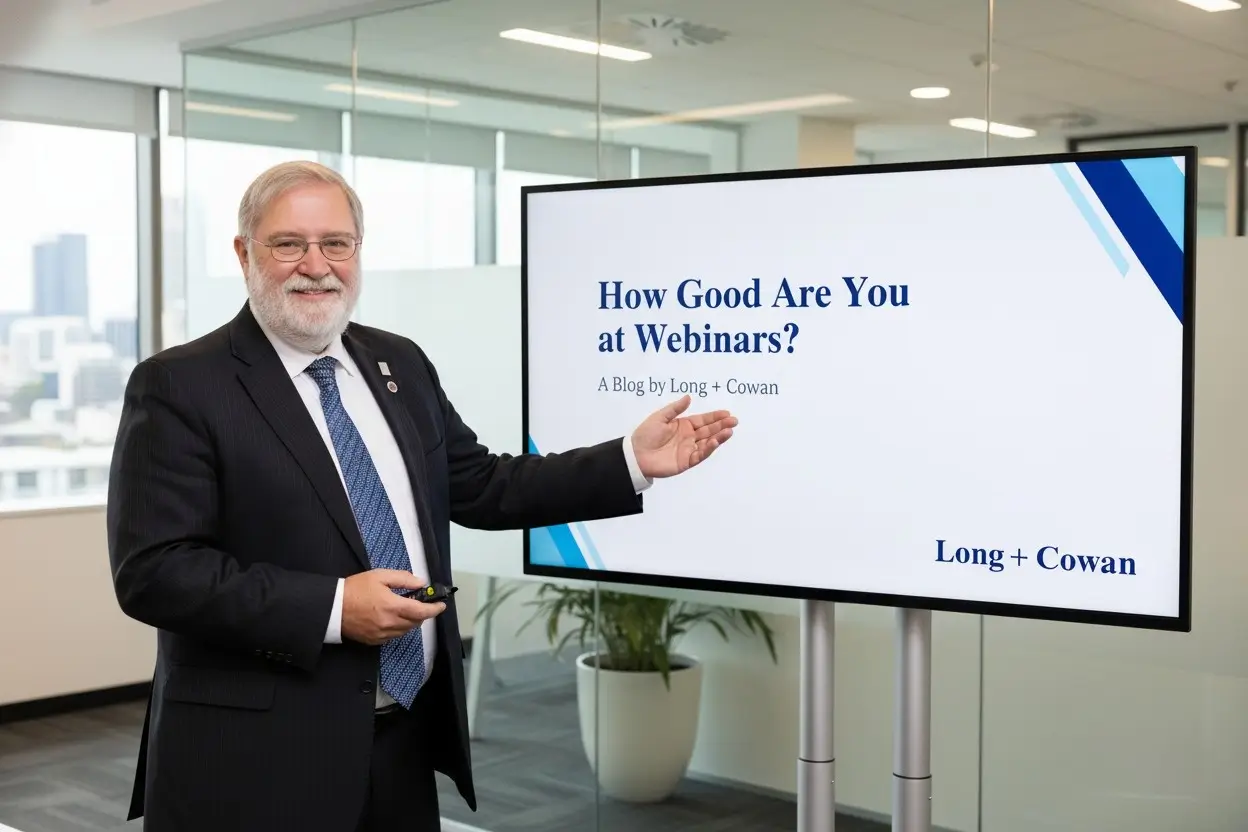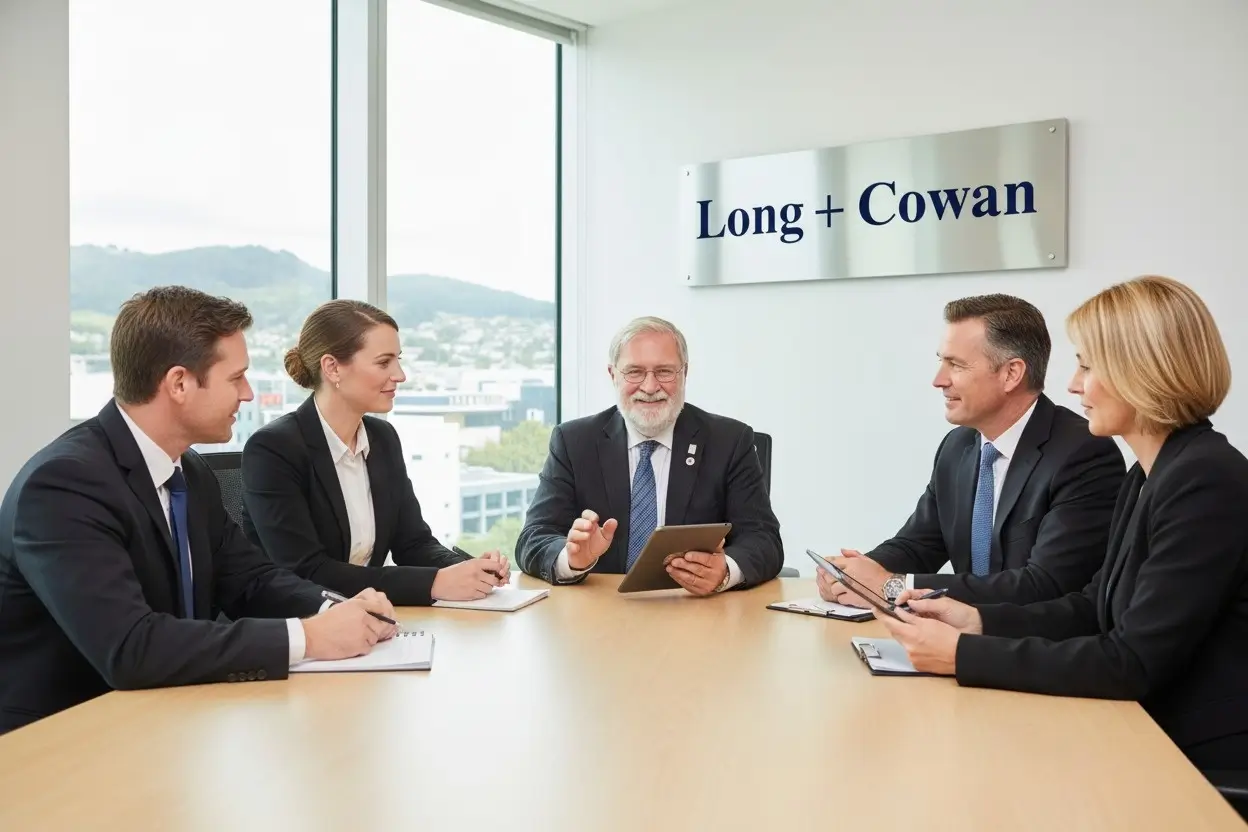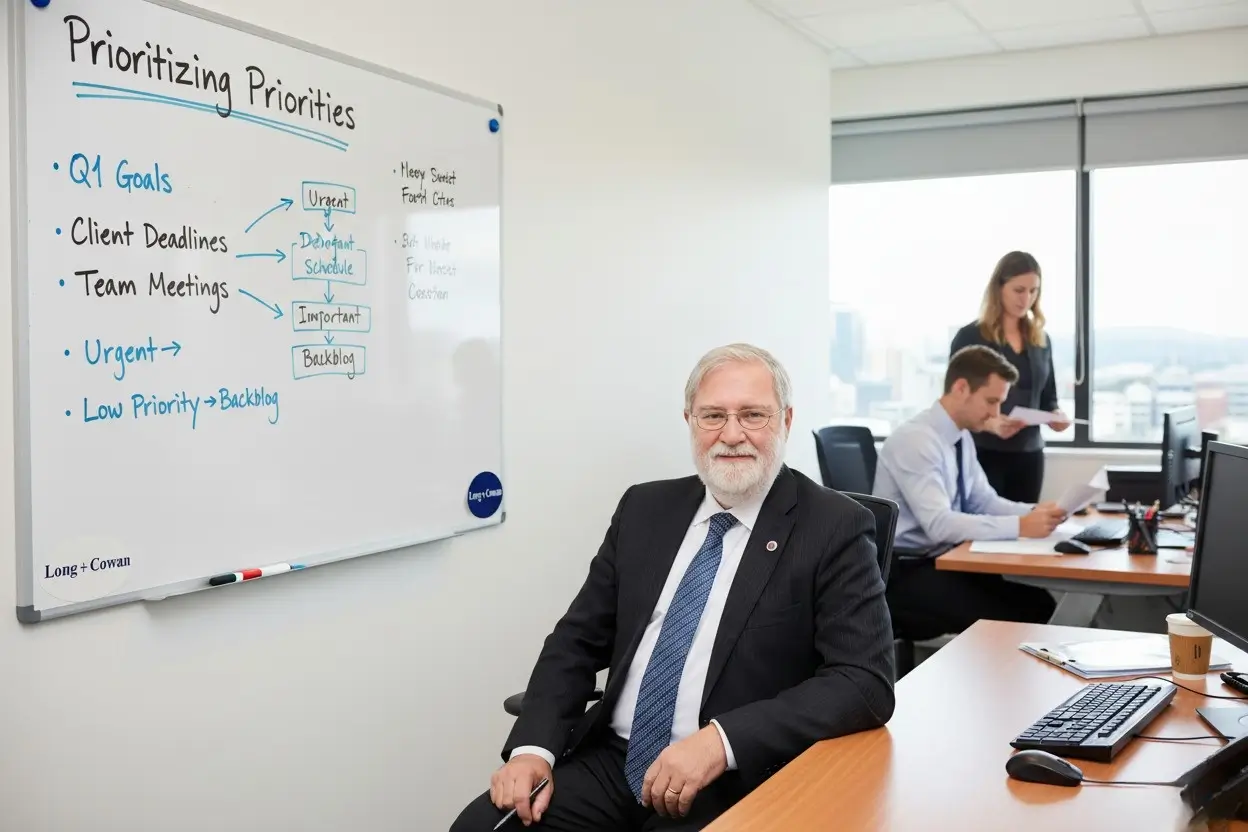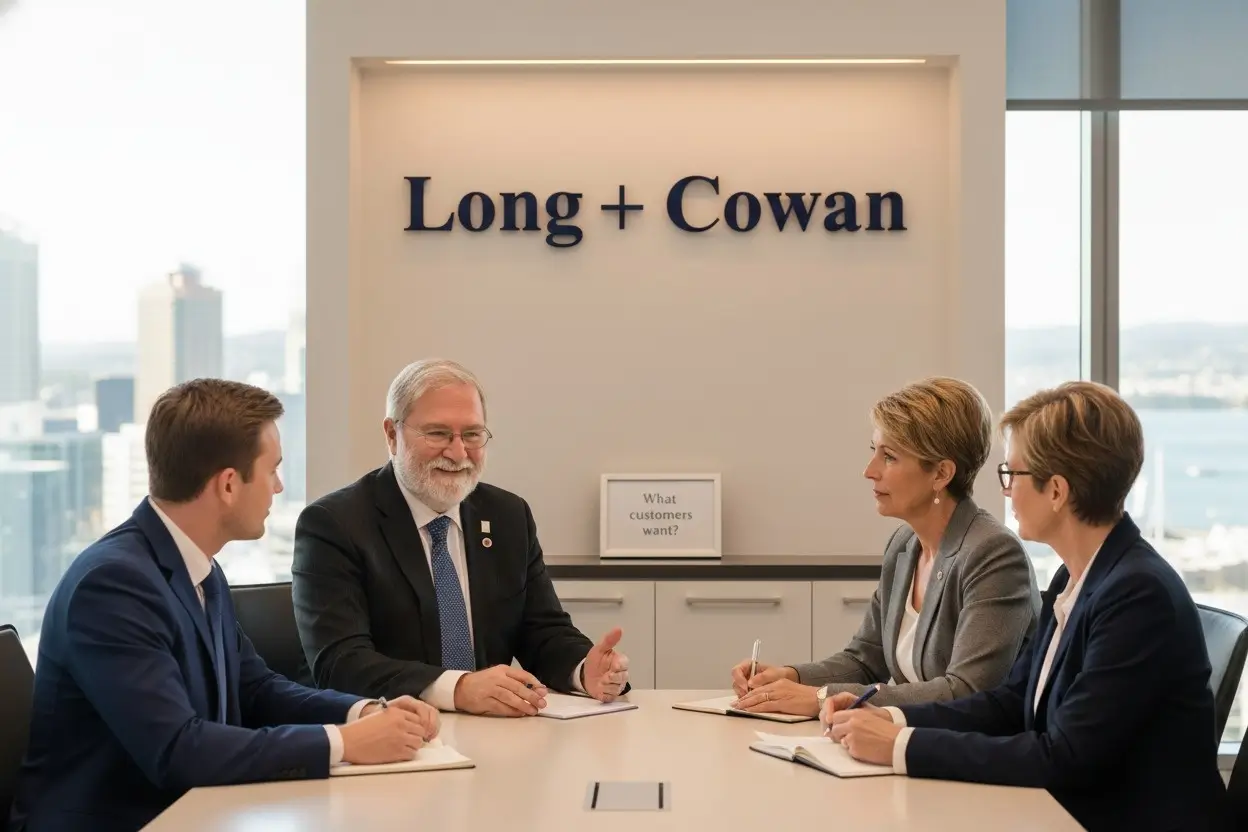In today’s competitive Wellington market, small business marketing is about more than advertising—it’s about positioning, clarity, and connection. Many business owners focus on operations and neglect marketing until growth stalls. At Long + Cowan, we often see small enterprises losing opportunities simply because their message is unclear or inconsistent.
Effective marketing helps you reach the right customers with the right message. Without a clear plan, even good products and services can remain invisible. The key is avoiding the most common mistakes that undermine performance and waste valuable time and money.
Mistake 1: Failing to Identify Your Target Audience
Many businesses cast their net too wide. Trying to appeal to everyone usually attracts no one. Defining your target audience allows you to tailor your message to those who actually need your service.
For example, an accounting firm in Wellington should focus on local small to medium-sized enterprises rather than “everyone needing accounting help.” Understanding who your ideal client is—and what motivates them—ensures every marketing dollar is well spent.
Mistake 2: Ignoring Your Unique Value Proposition
Too many businesses forget to communicate what makes them different. A clear value proposition explains why a customer should choose you over a competitor. It should be concise, specific, and client-focused.
Consider what sets your service apart—perhaps your experience, your responsiveness, or your local expertise. When potential clients can quickly see why your offering is unique, conversion rates increase, and price sensitivity decreases.
Mistake 3: Inconsistent Branding and Messaging
Brand inconsistency confuses customers. If your website, emails, and print materials all look or sound different, people question your professionalism. Consistent branding builds familiarity and trust.
Ensure your logo, colour scheme, and tone of voice align across every channel. Consistency doesn’t mean rigidity; it means reliability. Over time, a clear, unified brand presence establishes authority and confidence.
Mistake 4: Neglecting Digital Channels
Digital marketing is not optional. Whether you serve clients in Wellington or across New Zealand, an online presence determines visibility. Businesses that rely solely on word-of-mouth or traditional advertising miss valuable opportunities.
An optimised website, an active Google Business Profile, and relevant social media activity help you stay visible. Even basic SEO practices—like including your service area and industry keywords—can dramatically improve reach.
Mistake 5: Overlooking Data and Analytics
Marketing without data is guesswork. Tracking your results helps you understand what’s working and what isn’t. Without measurement, you could be wasting time on ineffective strategies.
Monitor website visits, enquiry rates, and client conversions. Analysing this information helps refine campaigns, focus budgets, and adjust messages for stronger results. Data turns marketing from speculation into science.
Mistake 6: Ignoring Customer Retention
Attracting new clients is important, but keeping existing ones is essential. Many small businesses spend heavily on new leads but neglect existing customers. Retaining a client costs far less than acquiring a new one.
Simple actions—like follow-up calls, personalised updates, or a thank-you message—build loyalty. Long + Cowan clients who maintain ongoing contact enjoy more referrals and stable revenue streams.
Mistake 7: Poorly Defined Budgets
Marketing should be treated as an investment, not an expense. Without a clear budget, spending often becomes reactive rather than strategic. Setting a defined amount for marketing each year ensures focus and accountability.
Track expenditure carefully and allocate funds to channels that deliver measurable return. Small businesses that plan marketing budgets in advance achieve stronger growth and avoid the stress of inconsistent cash flow.
Mistake 8: Lack of Clear Goals
Without defined goals, marketing becomes directionless. Goals should be specific, measurable, and time-bound. For instance, aim to increase new client enquiries by 15 percent within six months or grow website traffic by 20 percent.
By setting clear objectives, you can evaluate success objectively and adjust strategy quickly. Businesses that measure progress are far more likely to sustain long-term improvement.
Mistake 9: Overcomplicating the Message
Complex marketing messages confuse customers. Keep communication simple and relevant. People don’t have time to decipher jargon; they want to know how your service solves their problem.
If you’re a Wellington-based accountant, focus on clarity: “We help small businesses manage tax, plan growth, and improve profitability.” Clear messages build trust and attract qualified clients.
Mistake 10: Neglecting Professional Advice
Many small business owners attempt to handle all marketing themselves. While this saves money short-term, it can create long-term inefficiencies. Without expert guidance, marketing efforts often lack structure, measurement, and consistent follow-through.
Engaging a trusted adviser—whether a marketing consultant or chartered accountant—ensures alignment between your promotional efforts and financial goals. Professional input adds objectivity, improves results, and prevents costly errors.
Building Smarter Marketing Foundations
The most successful Wellington businesses are those that treat marketing as a continuous process, not a campaign. They plan, review, and refine regularly. Every message, platform, and advertisement contributes to a cohesive strategy built on clarity and purpose.
At Long + Cowan, we encourage clients to integrate marketing planning with their business budgeting cycle. Analysing cost-effectiveness ensures every dollar contributes to sustainable growth and measurable outcomes.
Using Technology to Stay Ahead
Modern technology simplifies marketing management. Automated email tools, cloud-based CRM systems, and online analytics platforms allow you to maintain engagement without adding complexity. Small businesses that adopt these tools streamline client communication and enhance efficiency.
For example, linking Xero accounting reports with marketing insights helps you evaluate how promotional efforts influence financial performance. Technology brings clarity to decision-making and ensures your strategy aligns with profitability.
Refining Marketing Through Feedback
Customer feedback offers valuable direction. Encourage honest opinions after transactions, and use insights to adjust your communication or service delivery. Feedback transforms assumptions into actionable data.
Small improvements—like updating your website based on user suggestions or simplifying enquiry forms—enhance customer experience and conversion rates. Continuous listening keeps your marketing authentic and responsive.
Making Marketing a Core Business Skill
Marketing should never sit apart from operations. It is an integral part of financial planning and business management. Every decision, from pricing to presentation, communicates your brand message.
By understanding marketing as an investment, not a side activity, you position your business for consistent growth. Aligning marketing with sound financial strategies strengthens both short-term visibility and long-term sustainability.
How We Help Wellington Businesses Grow
As Wellington-based chartered accountants, Long + Cowan works with business owners to create data-driven strategies that link marketing activity to measurable financial outcomes. Whether reviewing budgets, improving planning, or streamlining reporting, we ensure every marketing dollar supports business performance.
If you’re ready to identify and eliminate marketing mistakes in your business, contact us for more info by filling in an enquiry form or e-mailing or calling us during office hours. Let’s make your marketing work as hard as you do.
















































